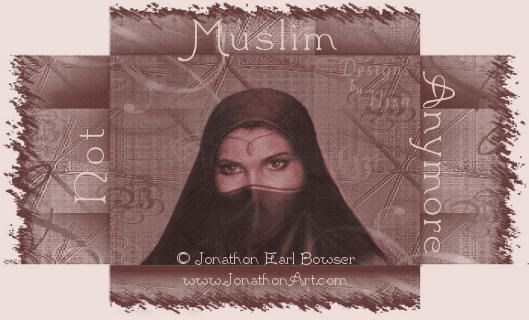Jordanian women face an unequal fight for equal rights
Jordanian women face an unequal fight for equal rights
This an interesting article. I lived in Amman, Jordan for about 1 1/2 years (from January 1999-May 2000). The more religious people seem to get, the less rights women seem to have, le sigh. I'm very glad I am not raising my kids in any Muslim country. With all the problems the US has, you still have the right to practice your religion of choice, or not to follow any religion.
A couple of excerpts from the article:
A.24/03/2006: During the past 10 years, there have been attempts to amend laws related to the rights of women in order to enhance their status and social and economic role, and protect them from violations and violence, including what are known as "honor crimes." (The Daily Star Lebanon).
Yet these efforts have shown very limited progress, meeting strong resistance from traditional and religious actors who control the Jordanian Parliament and impose their cultural and behavioral practices upon wide sectors of Jordanian society. These campaigns have also encountered political obstacles that can be traced in part to Jordan's demographic structure.
Continuous efforts by Jordanian women's organizations, supported by human rights activists and the Jordanian political leadership, have produced some amendments to marriage and divorce laws. The legal minimum age for the marriage of girls was raised to 18 years, and women obtained the right of divorce, or kholu, by which they could start divorce procedures based on certain conditions such as restitution of all dowry money.
During the past few years, several attempts to amend Article 340 of the Penal Code have failed. This article sometimes provides a "lawful" excuse for criminals who assault women or murder them to protect "family honor." The murderer in an honor crime, usually one of the victim's closest relatives, receives a commuted sentence or several months' imprisonment. The result is that 15-25 women continue to be murdered annually in Jordan. Despite civil and religious campaigns against such crimes, Jordanian society, yielding to traditional and religious influence, continues to sympathize with honor crime murderers and finds excuses and justifications for their act.
There can be no doubt that the spread of Islam in Jordanian society over the past two or three decades has contributed to the formation of a sociopolitical front opposing legislative initiatives by Jordanian civil society and its active women's organizations. The Muslim Brotherhood has grown stronger and has come to control a large number of active non-governmental organizations, such as professional unions and student councils. Its infrastructure of educational, service, cultural and other social institutions extends to cover a broad section of society, including those people living in the poorest areas.
Labels: Jordan, Middle East, Women


0 Comments:
Post a Comment
<< Home